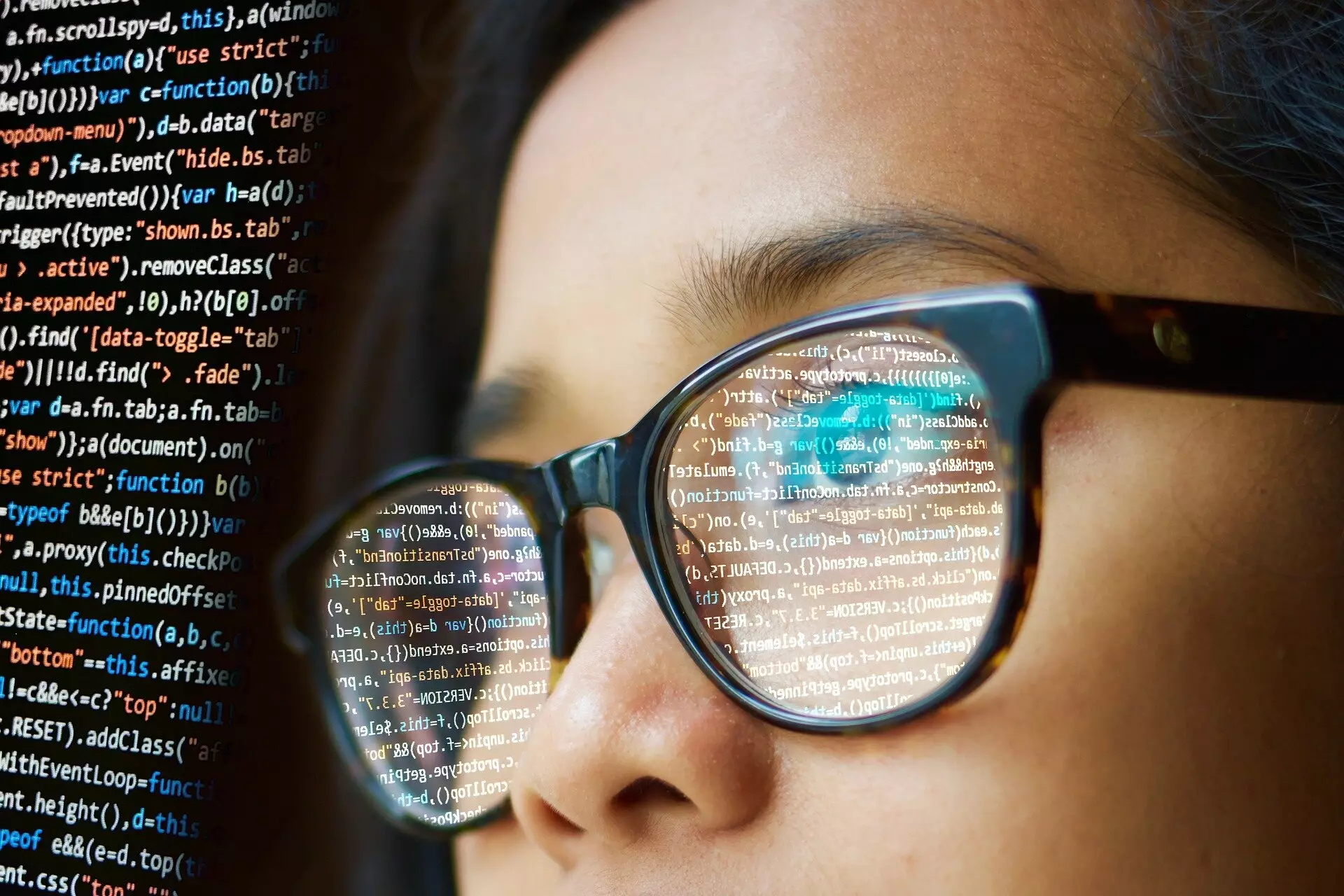A recent cross-disciplinary study conducted by researchers at Washington University in St. Louis revealed a surprising psychological phenomenon related to human behavior and artificial intelligence. The study found that participants, when informed that they were training AI to play a bargaining game, made conscious adjustments to their behavior to appear more fair and just. This behavior change has significant implications for developers of AI technology, as it highlights the importance of understanding how human behavior can influence the training of AI systems.
As noted by lead author Lauren Treiman, a Ph.D. student in the Division of Computational and Data Sciences, the participants in the study demonstrated a motivation to train AI for fairness. While this is an encouraging finding, it also raises concerns about the potential for individuals with different agendas to impact the training of AI systems. Developers must be aware that people may intentionally alter their behavior when they know it will be used to train AI, underscoring the need for careful consideration of human factors in AI development.
The study, published in Proceedings of the National Academy of Sciences, included five experiments with a total of approximately 200-300 participants. Subjects were tasked with playing the “Ultimatum Game,” where they had to negotiate cash payouts with human players or a computer. When informed that their decisions would be used to teach an AI bot how to play the game, participants were more likely to seek a fair share of the payout, even at a personal cost. Interestingly, this behavior change persisted even after participants were informed that their decisions were no longer being used to train AI, suggesting a long-lasting impact on decision-making processes.
According to assistant professor Wouter Kool, who studies psychological and brain sciences, the continued behavior change observed in the study highlights the role of habit formation in decision-making. While the exact motivation behind the behavior shift remains unclear, Kool speculates that participants may have been guided by a natural tendency to reject unfair offers rather than a deliberate effort to make AI more ethical. This distinction is important in understanding how human biases and tendencies can influence the training of AI systems and the resulting outcomes.
Assistant professor Chien-Ju Ho, a computer scientist specializing in human behavior and machine learning algorithms, emphasized the significance of the human element in AI training. Ho noted that many AI training processes are based on human decisions, and if biases are not properly accounted for during training, the resulting AI systems may also exhibit biases. The challenges arising from the mismatch between AI training and deployment have been well-documented in recent years, with issues such as inaccurate facial recognition for people of color being attributed to biased training data.
Ho stressed the importance of considering the psychological aspects of computer science in AI development, as understanding human behaviors and motivations is crucial for building ethical and unbiased AI systems. By recognizing and addressing the human element in AI training, developers can work towards creating more inclusive and fair AI technologies that reflect the diversity and complexity of human society.



Leave a Reply